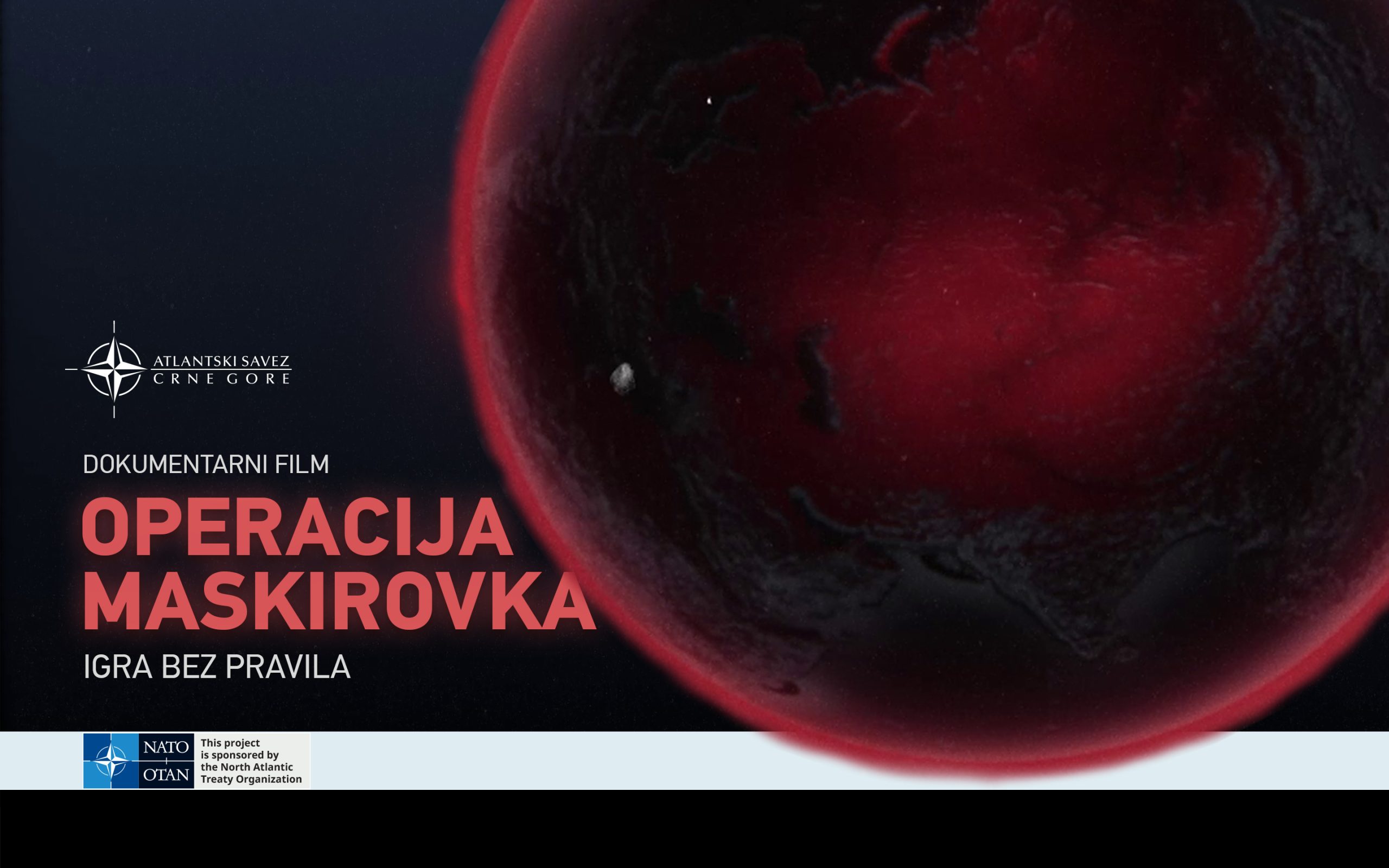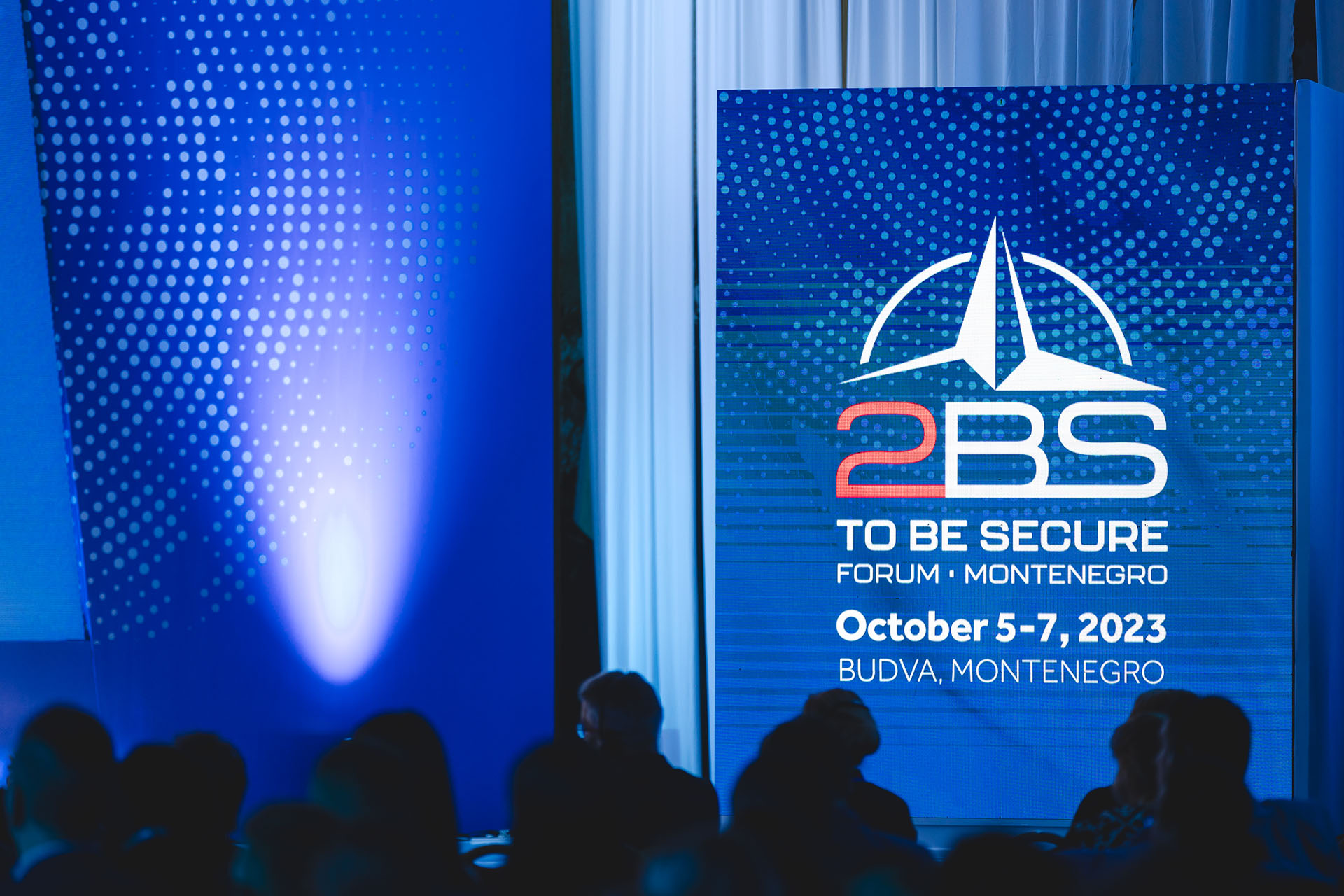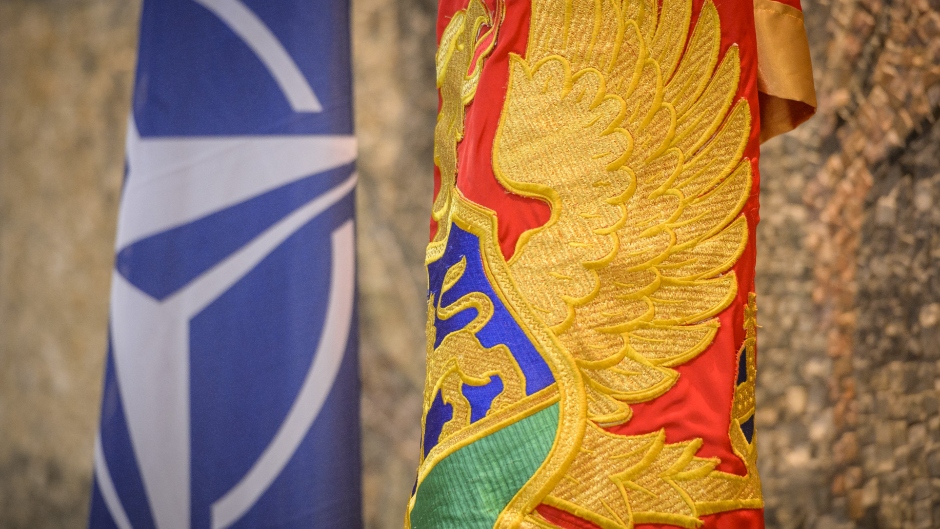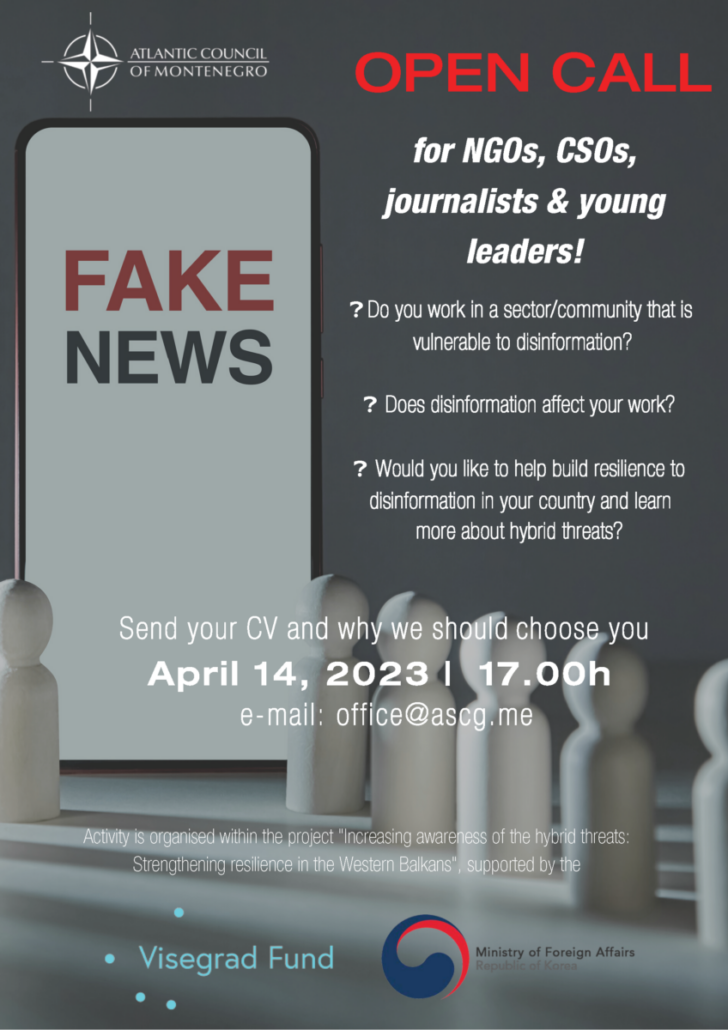Conference entitled “Geopolitics in the Western Balkans: Regional Outlook”, organized by the Atlantic Council of Montenegro, Embassy of the Republic of Bulgaria to Montenegro and Konrad Adenauer Foundation was held today, June 27, in hotel Ramada in Podgorica.
In their opening speeches, Dr. Igor Lukšić from the Atlantic Council of Montenegro and H.E. Ms. Meglena Plugtschieva, Ambassador of Bulgaria to Montenegro, highlighted the importance of these gatherings for the Western Balkans, emphasizing all the challenges that it is currently facing and it will be facing in future. They are convinced that the principle of dialogue is the most important segment in order to overcome the barriers from the past but also – in order to finally make the region a part of the European Community and NATO. They agreed that Montenegro, Serbia, Kosovo and North Macedonia have a difficult path before them in order to implement all the Chapters but the progress is visible and all countries are striving hard to strengthen democratic values.
Mr. Andrija Nikolić, President of the Committee for International Relations and Emigrants of the Parliament of Montenegro also addressed the participants and said that he is exceptionally satisfied that the issue of geopolitical situation in the Western Balkans has been initiated and that this conference is actually an excellent opportunity for the representatives of prominent institutions from the region to exchange their opinions.
H.E. Ms. Iliana Yotova, Vice-President of the Republic of Bulgaria specified during her keynote speech the proactive approaches which could be used to combat the key problems that are troubling the Western Balkans and also defined where do the countries stand right now concerning these problems. She reflected on the enlargement policy of the EU and emphasized that it cannot be implemented without Balkan countries. Vice-President of Bulgaria is in the official visit to Montenegro and on that occasion, she put emphasis on the progress that our country is making in the field of Euro-Atlantic integrations, especially because it has already become a NATO member state. She added that she is aware of the visible efforts that Montenegro is making through the process of the EU accession. She also mentioned the biggest challenges concerning Belgrade and Pristina, resolving of a name dispute between Greece and North Macedonia, complex political situation in Bosnia and Herzegovina, and a role of the international organizations in determining of all hardships which complicate their function in the valorization of democratic values.
Speaking in the framework of this thematic session, Dr. Savo Kentera, President of the Atlantic Council of Montenegro emphasized the importance of unity in the Alliance during all the challenges that it is facing. Also, he agreed that the progress has been achieved on a path towards the EU and that NATO membership only accelerates this process for Montenegro. He considers NATO membership the greatest success so far but also warns about Russian influence which is not getting any weaker in the Western Balkans. He reminded us about Russian implication in the parliamentary elections 2016 and added that the citizens of Montenegro and countries in the region are in denial if they think that this will stop here. Russia is still doing everything in its power to influence the key decisions for the development and improvement of the countries of the region. In addition, he stressed that the EU needs to have a clear vision and strategy for the enlargement, but also when it comes to the future of the EU itself, which is not the case right now. A lack of leadership with a clear vision on the EU political scene is evident and this could leave the consequences. If the EU does not consolidate itself as soon as possible and does not take a clear attitude concerning the enlargement of the Western Balkans, some other countries such as Russia and China will not lose the opportunity, they will use it and then it will be too late for Europe.
Prof. Dr Nano Ružin, Rector of the FON University, North Macedonia said that he is satisfied with the resolving of the Greece-North Macedonia name dispute and defined it as a historic moment for these two countries while Prof. Dr Zoran Dragišić from the Security Studies at the Univeristy of Belgrade said that the current situation Serbia-Kosovo is complicated but he believes that a dialogue is a key solution.
Dr. Arian Starova, President of the Atlantic Council of Albania and prof. dr. Sead Turčalo, Professor on the Faculty of Political Sciences at the University of Sarajevo gave their opinions on the pressing issues and challenges that Western Balkans is facing. Starova reflected on the efforts of Belgrade and Pristina and suggested the improvement of relations between two countries, but, there is still a lot to be done, according to him. Turčalo highlighted the dominant disagreements on the political scene of BiH and said that this country is making the intensive efforts towards the Euro-Atlantic integrations. Dr. Besfort Rrecaj, President of the Euro-Atlantic Association of Kosovo pointed out to the commitment of Kosovo in order to improve the relations with Serbia, but also, to the lack of EU efforts in the key political issues of this country.
The goal of this conference was to analyze the geopolitical development and its influence on the Balkans, or, to recognize the regional positions and interests.








